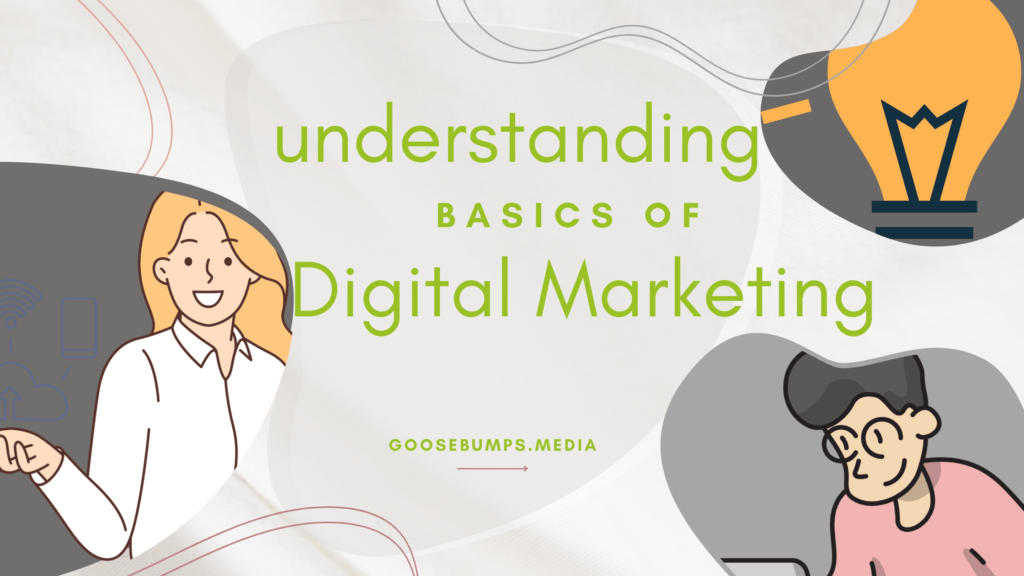The virtual advertising landscape is currently undergoing a seismic shift in 2025 — and UK businesses are at the vanguard of this modification. With third-party cookies formally phased out through most important browsers like Google Chrome (as of 2024), the era of monitoring users throughout the web without explicit consent is over.
This cookieless future, driven with the aid of developing privateness issues and guidelines like GDPR, is forcing marketers to rethink their strategies. But there is no need to panic — this shift additionally opens the door to more moral, trust-based advertising and marketing.
In this blog, we’ll discover how marketing is evolving without third-party cookies, how UK organizations can leverage first-party data, and a way to build belief at the same time as succeeding in a private-first global.
The Shift Away from Third-Party Cookies
Third-party cookies have long been the backbone of virtual marketing — permitting companies to tune user behaviour across web sites, serve centred ads, and measure marketing campaign performance.
However, privateness scandals and growing consumer awareness have brought about their loss of death. In the United Kingdom, in which 85% of purchasers express concern over records privacy (in step with a 2025 survey via the Information Commissioner’s Office), this change is broadly welcomed.
The phasing out of cookies started out with Apple’s Safari and Mozilla Firefox blocking off them through default. Google Chrome accompanied it in 2024 after numerous delays. Now, in 2025, entrepreneurs must adapt to alternatives like:
• Google’s Privacy Sandbox — emphasising anonymised records
• Apple’s SKAdNetwork — for attribution and measurement
These new answers prioritise person consent, however they offer much less granular targeting than conventional cookies — pushing business
Leveraging First-Party Data for Success
With the departure of third-party cookies, the information collected directly from the customers of the first-party data-2025 has become the gold standard for marketing. The UK’s businesses can utilize this data to create personal experiences without compromising privacy. This way:
• Create direct relationships
Encourage users to share their data through registration, loyalty programs or account construction. For example, a Manchester-based e-commerce store can provide a 10% discount for newspaper membership, capture email and preferences directly.
• Use zero party data
These data rounds are intentionally shared, such as examination reactions or quiz results. London can create a “skin type quiz” to recommend products, collect valuable insight when forwarding users.
• Adapt the behavioral tracking of the site
Analyze how users interact with your site (eg it helps in tailor-made materials without relying on external traction.
• Integrates the CRM system
Centrally centralize the first-party data in a CRM system to segment the audience and distribute targeted promotions. A Cardiff dealer can use CRM data to send individual birthday offers and increase the conversions by 20%.
The first-party data is not just a solution-it is a better way to contact customers. The British companies that prefer quality data collection may see an increase in ROI up to 15%, as reported from a 2025 study from the Digital Marketing Association.
Building Trust in a Privacy-First World
In the future, trust is a marketing currency. It is more likely that British consumers will be with brands that respect their privacy – 75% say they will stop buying from a company that calls their data (ICO, 2025) False. Here is the way to build and maintain confidence:
• Be transparent
Clearly explain how to collect, save and use how to collect data. For example, a brush-based training app may include explaining a pop-up:
“We use training settings to suggest routine – no data is shared with third parties.”
• Priority to consent
Users use consent management platforms (CMP) to check data settings. This not only ensures GDPR contamination, but also shows respect for the user’s autonomy.
• Focus on price exchange
Offer some meaningful offers in exchange for data, such as exclusive material or discounts. A Birmingham bookstore can provide access to new releases for users who share their reading preferences.
• Increase safety
Invest in strong cyber security to protect customer data. Regular revision and encryption can prevent breaches – a costly risk, as British businesses lost £ 3.2 billion for data violations in 2024 (Cyber Security Company).
The building function is not just moral it is strategic. Brands that prefer privacy receive 30% high customer storage rates – a significant advantage in the competing market in 2025.
Practical steps for British businesses in 2025
Ready to embrace privacy -centered marketing? Here are action -rich steps to help you push your business ahead:
• Revision of computer practice
Review how you are currently collecting data and users, ensuring complete GDPR association. Identify the intervals where third -party cookies depended on the first.
• Invest in first time data tools
Use platforms such as HubSpots or Salesfors to effectively collect and manage first -party data. These devices help to adapt the public and campaigns from British companies.
• Use contextual advertising
Ad goals based on materials instead of user behavior. For example, a Leeds Travel Agency can continue to advertise travel blogs – can now be interested in holidays, without tracking them.
• Educate your team
Privacy-the-first strategies train your marketing team and ensure that everyone understands the importance of consent and openness.
• Monitor new technologies
Stay up to date on tools such as Google’s topics API or Unified ID 2.0, which offers cookies targeting options that respect privacy.
These steps will help ensure that your business not only survives – but thrive – prepared in the future, keeps you competitive in the developed digital scenario in the UK.
Final thoughts
The cookieless future is here-and it gives the British businesses an opportunity to redefine marketing in 2025. You can make more meaningful connections that run loyalty and development, utilize the first-party data, by moving away from third-party cookies.
Goosebumps Media understands these changes and can guide you in building a privacy-first strategy for success.
Privacy-centered marketing is not a challenge-this is a chance to stand out in the crowded market. Partner with Goosebumps Media and future-proof your marketing approach.


